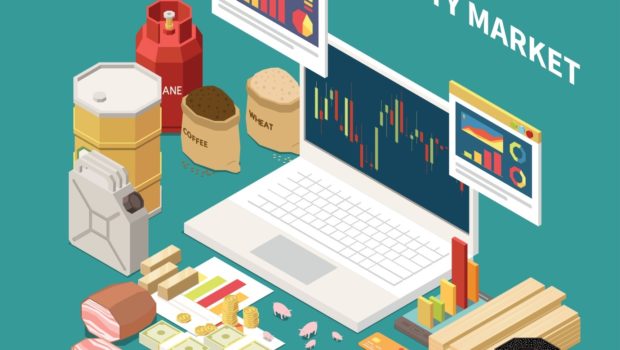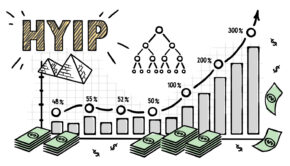Top tips for investing in commodities
The commodities market can provide many potential opportunities for traders, as although it is a volatile market, it’s a core element of the financial industry. Its price movements shape the value of other markets, as commodities are key to the initial stages of the manufacturing process. This means that both national economies and individual companies are affected by any movement in the price of commodities – and as a result, impacts both the forex and shares market.
As an investor, the commodities market can certainly appear attractive and a worthwhile endeavour, so here are some of our top tips to follow when embarking on your trading journey.
What are commodities?
The first thing to understand is the commodities themselves. Commodities are products that appear naturally in the earth, or can be grown or cultivated, and in basic terms, can then be bought and sold. These are usually goods or raw materials that can then be used to make other products, and include the likes of gold, silver, corn, oil and natural gas.
These can be divided into two sub-categories: hard and soft commodities. Hard commodities refer to the raw materials that are mined or extracted, whereas soft commodities are those that involving farming and agricultural processes.
The most common trading that takes place in the commodities market is crude oil trading. Oil is the basis of many products and falls under the category of energy, used to power our homes or converted into gasoline for transportation use. It therefore provides a multitude of opportunities for investors for both short-term and long-term strategies, as the world is heavily reliant on the commodity.
Research the market
It always recommended to comprehensively research the market itself, as well as any individual commodity, before making any trading decisions or investing in any type of financial market for that matter. This will give the best foundation for any positions you open, and increase the chances of making a profit.
You should also try and keep up to date with any relevant news that may affect the price movement of the commodities, such as geopolitical events. An economic calendar is an effective tool to use that can help you formulate strategies that revolve around certain financial events in the year.
Understand what impacts the commodity prices
In order to fully take advantage of the commodities market, you should ensure that you know the factors that can affect their value, so that you can enter and exit a position accordingly.
The main factor that affects commodities, especially those that are a consumable product, is the process of supply and demand. If considering an investment in gold or silver, for example, then you should be aware of the likely demand for jewellery or ornaments in that material at that time. Prices of precious metals are also affected by market sensitivity, as investors tend to turn to these commodities to protect their investments during uncertain times or political turmoil.
Politics has a huge influence on the commodities market, in particular that of the United States, especially as the benchmark oil, West Texas Intermediate (WTI), is produced in America. There are also factors that are out of our control, such as natural disasters that can affect the production of crops, or the recent global pandemic, for example, which stalled the demand for oil.
Technical and fundamental analysis
When trading in commodities, most investors choose to use technical analysis, but this should be part of a holistic strategy that also includes fundamental analysis. Technical analysis involves the examination of charts, graphs and indicators from past data, in order to predict future trends of the market. Fundamental analysis looks at the market in relation to macroeconomic and geopolitical factors, as well as supply and demand, as previously mentioned. Both of these strategies will provide you with crucial information and data that will inform your trading decisions.
You can also take advantage of risk management tools, such as a Stop Loss, which closes your position when a loss is incurred, or a Stop Limit, which closes at the time of profit. Sensibly managing the risk involved when trading in the volatile commodities market will help to reduce the losses that you can incur, and essentially aid in making a gain instead.
















